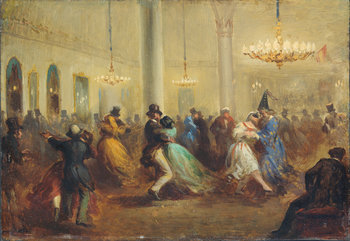
Emotion
Labeling emotions such as sadness with names of disorders.Character
Labeling people with personality types from popular psychology. This may oversimplify the vast pool of human character traits down to a handful of silos.Behavior
Labeling behaviors as abnormal using the names of disorders. For example, a teacher who labels a student with a disorder because they don't listen to their lectures or comply with their demands.Control
The use of popular psychology to control others. For example, a parent who gaslights a child into believing they are abnormal so that they will become more dependent on the parent.Overthinking
Attempting to apply popular psychology to yourself, others, culture and society in ways that don't lead to any pragmatic results or realistic interpretations. For example, an employee who thinks their manager has negative reactions to them because the manager must have a wide range of psychological issues when in fact that manager is reasonable to criticise the employee based on their low performance.Society
In theory, a society could diagnose a large percentage of its population with psychological disorders as a means of control.Politics
Attempts to pathologize the political opposition by labeling them with concepts from psychology.Communication
The use of popular psychology to create fear around a message for the purposes of influence, propaganda or advertising.Medicalization
Medicalization is the process whereby things are recognized as being a medical concern that were previously viewed as behavioral, spiritual or cultural.Notes
Beginning in the 1970s, it became increasingly common for people to use concepts from popular psychology in their interpretations, communication and work. This is perhaps related to the proliferation of self-help books in the same time period that helped to spread basic concepts in psychology.| Overview: Pathologizing | ||
Type | ||
Definition (1) | The practice of labeling something as psychologically abnormal or unhealthy. | |
Related Concepts | ||





























